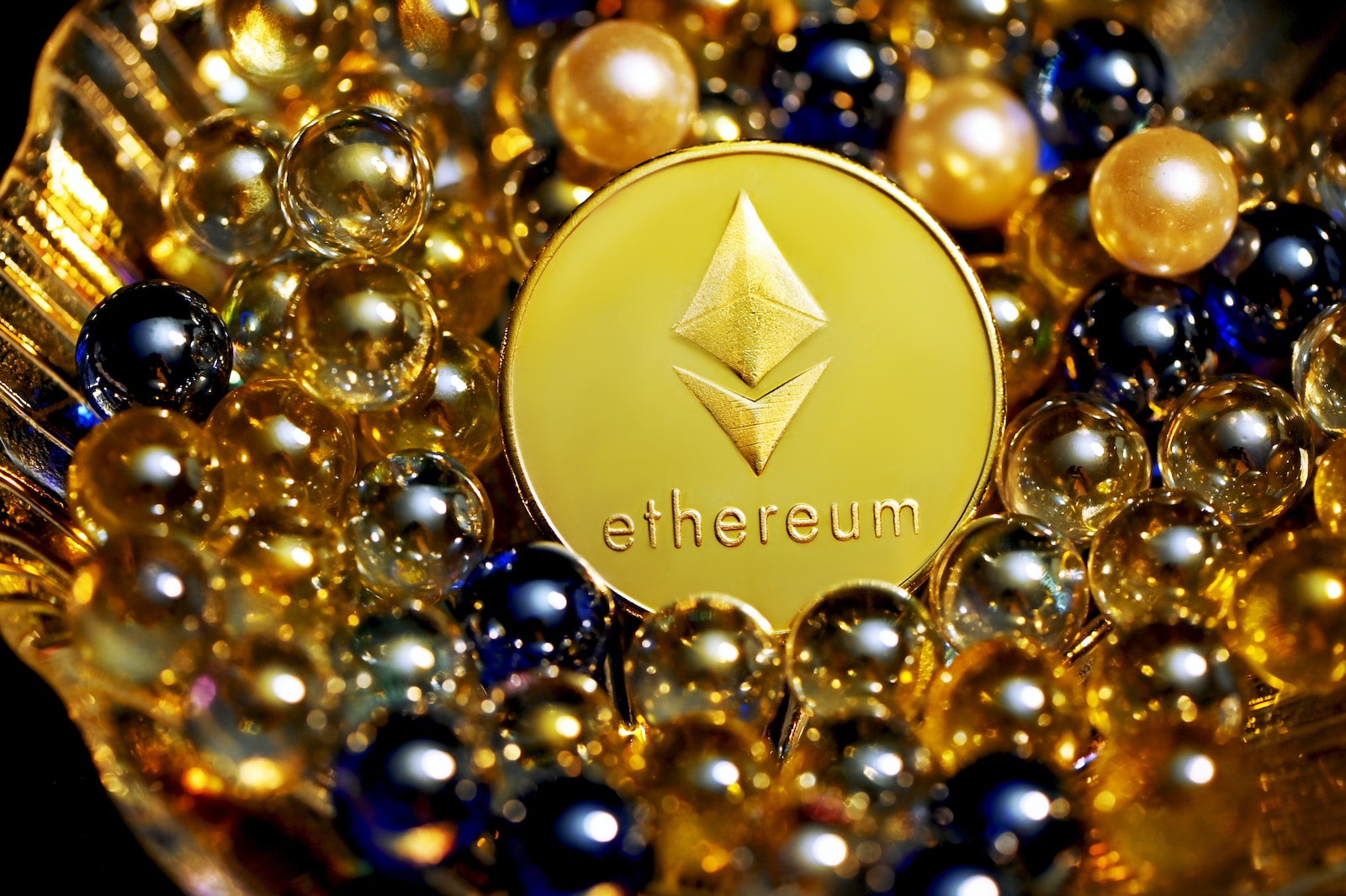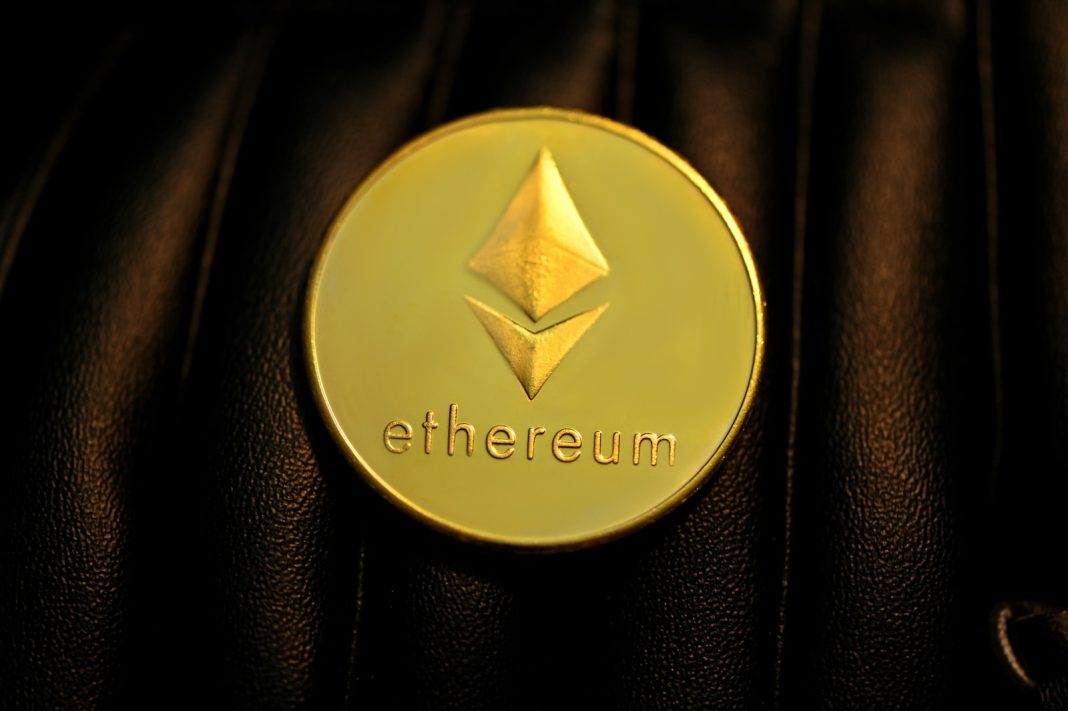The advent of cryptocurrencies has revolutionized the financial landscape, and one name that consistently stands out is Ethereum. So, the question arises, “Is Ethereum real money?” This article aims to delve into this subject, offering insights into the nature of Ethereum, its comparison with traditional money, and its legal status across the globe.
Understanding Ethereum
Ethereum is a decentralized, open-source blockchain system that hosts the cryptocurrency Ether (ETH). Unlike traditional money, Ethereum operates on a global network of computers which jointly manage and record transactions. The primary distinction lies in Ethereum’s capability to facilitate ‘smart contracts’, self-executing contracts where the terms of the agreement are directly written into code lines.
Ethereum vs. Traditional Money
In the debate of Ethereum versus traditional money, the key difference revolves around control and distribution. Traditional money or fiat currency is issued and regulated by a central authority, typically a government or central bank. On the other hand, Ethereum is decentralized, meaning no single entity has control over its supply or value.

Legal Status of Ethereum
The legal status of Ethereum varies worldwide. Some countries have embraced it as a legitimate means of transaction, while others have imposed restrictions or outright bans due to concerns about security, regulatory control, and potential illicit use. It’s important to understand the legal implications of using Ethereum in your respective jurisdiction before engaging in transactions.
The Value of Ethereum
Unlike physical currencies, Ethereum doesn’t have a tangible form. Its value is derived from supply and demand dynamics in the market. The more people want to buy Ethereum, the higher its price goes. Conversely, if more people want to sell Ethereum, the price drops. This makes Ethereum’s value highly volatile, subject to rapid changes within short periods.

FAQs:
1. Can I use Ethereum to purchase goods and services?
Yes, many businesses and online platforms accept Ethereum as a form of payment. However, its acceptance is not as widespread as traditional money.
2. Is Ethereum a safe investment?
Investing in Ethereum, like any other investment, carries risks. Its value can be volatile, and there’s also the risk of cyber theft. It’s crucial to do thorough research and consider your financial situation before investing.
3. How can I get Ethereum?
You can acquire Ethereum by purchasing it on a cryptocurrency exchange using traditional money or other cryptocurrencies. You can also earn Ethereum through mining.
4. Is Ethereum anonymous?
While Ethereum transactions are pseudonymous, they are not completely anonymous. Transaction information is recorded on the blockchain, which is publicly accessible.
5. What makes Ethereum different from Bitcoin?
While both are cryptocurrencies, Ethereum differs from Bitcoin primarily due to its smart contract functionality. This allows for the creation of decentralized applications on its platform, a feature not available with Bitcoin.
The Essence of Ethereum as Real Money
To sum up, the question, “Is Ethereum real money?” hinges on one’s perspective. From a technical standpoint, Ethereum shares many characteristics with money – it’s a store of value, a medium of exchange, and a unit of account. However, its acceptance as a form of payment is not universal, and its value can be highly volatile. Regardless, Ethereum has undoubtedly carved out a significant niche within the digital economy, pushing the boundaries of what we traditionally perceive as ‘money’.


